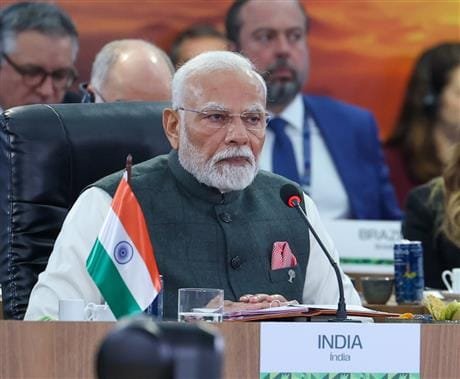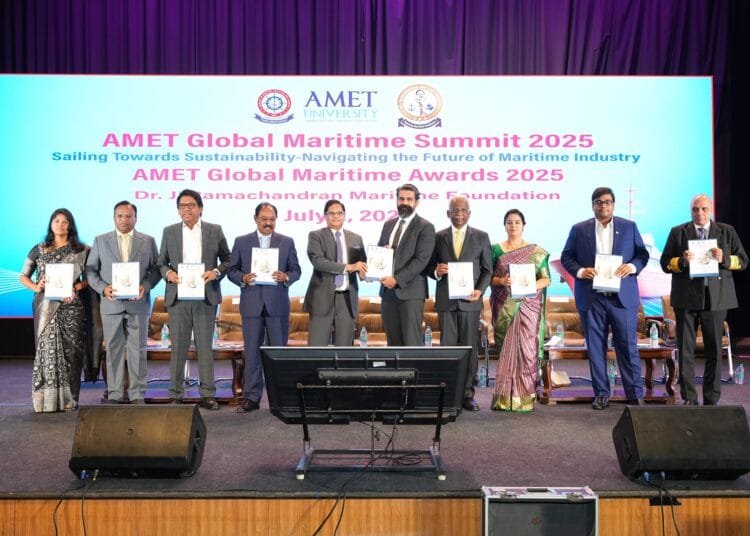Roli Singh says PPP is a central pillar in implementing public health action
Public Private Partnership (PPP) is needed to sustained coordinated efforts by all the stakeholders in the people-centric public health sector in India, says Dr Rajani Ved, Director – Health (India), Gates Foundation.
“In the Public Private Partnership, we need sustained coordinated efforts by all the stakeholders and sectors.
“In the PPP model, the private sector provides a mix of goods and services. Along with the government’s help, private sector has worked with the public directly and can also do a lot in this regard.”
She also mentioned that at the hearth of public-private partnership is the need to strengthen the role of partnership. A shared vocab must exist between public and private dialogue.
“There is a need to bridge the existing evidence gap and check what works and what doesn’t,” said Dr Ved at the 3rd Public Health Summit 2022 on the theme ‘People, Public, Private Partnership for Excellence in Public Health’ on 19 October 2022. It was organized by the Confederation of Indian Industry (CII).
“Institutions like CII are working in this area and should come with more evidence and studies,” said Dr Ved.
“We need to look at health more comprehensively, from pregnancy to new-born care to adolescents to ageing, everything deserves attention,” added Dr Randeep Guleria, Chairman, CII Public Health Council and Former Director, AIIMS.
He has called for focus on the lifecycle approach. “The pandemic showed us the need for innovation. Telemedicine became so helpful during the lockdown. Chronic diseases were looked at home by tele medicine, which decreased strain on healthcare facilities.”
Highlighting the importance of the partnerships between academia and industry, he added, “We need to focus on preventive healthcare and we should reach out to people rather than they reach to us.”
Addressing the gathering at the Summit, Roli Singh, Additional Secretary & MD National Health Mission, referred to the National health policy which places PPP as a central pillar in implementing public health action.
Formulation of the policy describes that the government fills the gap in healthcare with private sector taking on an important role.
She pointed out that in the PPP model, a lot of things require granular level of understanding – attention to open bidding process, well defined risks associated with the PPP, time frame, performance linked payments, benchmarking of standards, and being measurable, in order to ascertain the viability of such collaborations.
Giving examples from across the globe, Singh highlighted how successful PPP can bring about a positive change in the society.
Talking about India, she reflected on a study done by National Health Systems Resource Centre on nuances of successful PPPs in India and provides recommendations for such models to evolve and scale.
“India has a huge opportunity to provide trained manpower to the world in the healthcare sector highlighting the fact that there is a dire need to have paramedical personnel,” said Dr Naresh Trehan, Chairman – CII Healthcare Council & CMD – Medanta, The Medicity.
He called for a review of all components of healthcare to rebuilt delivery like prevention, early detection, primary, secondary and tertiary care as well as medical education.
Dr Trehan also noted that the Government has done many things in the field of health and it has the will to provide comprehensive health care to all.
“We can make India ideal state with collaboration of NGOs, international agencies and industries.”
Dr Trehan also said that the mission to merge Ayurveda with modern medicine is really the next big announcement which can in fact provide new care and treatment pathways for the world. fiinews.com










